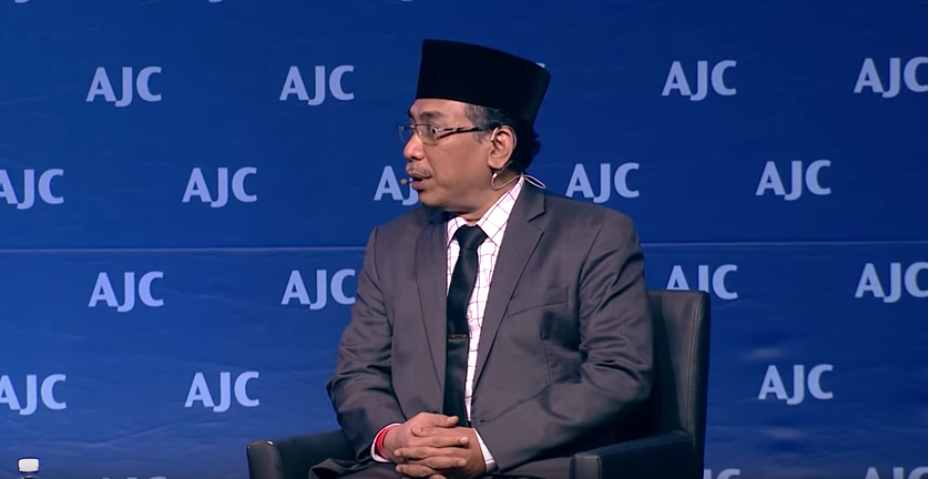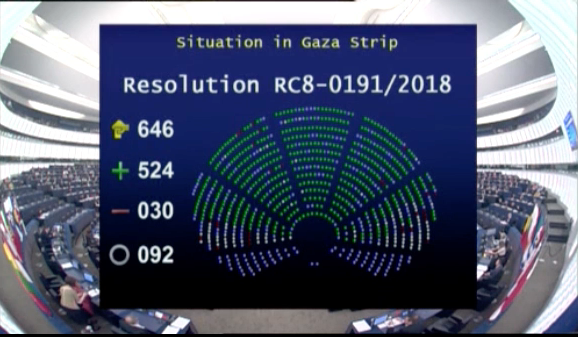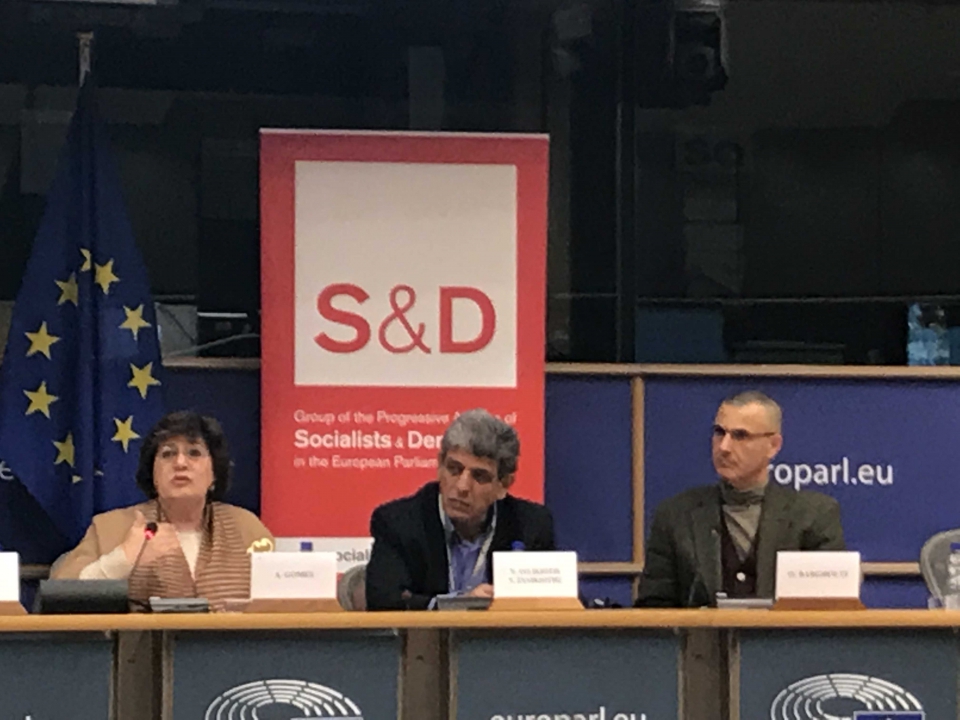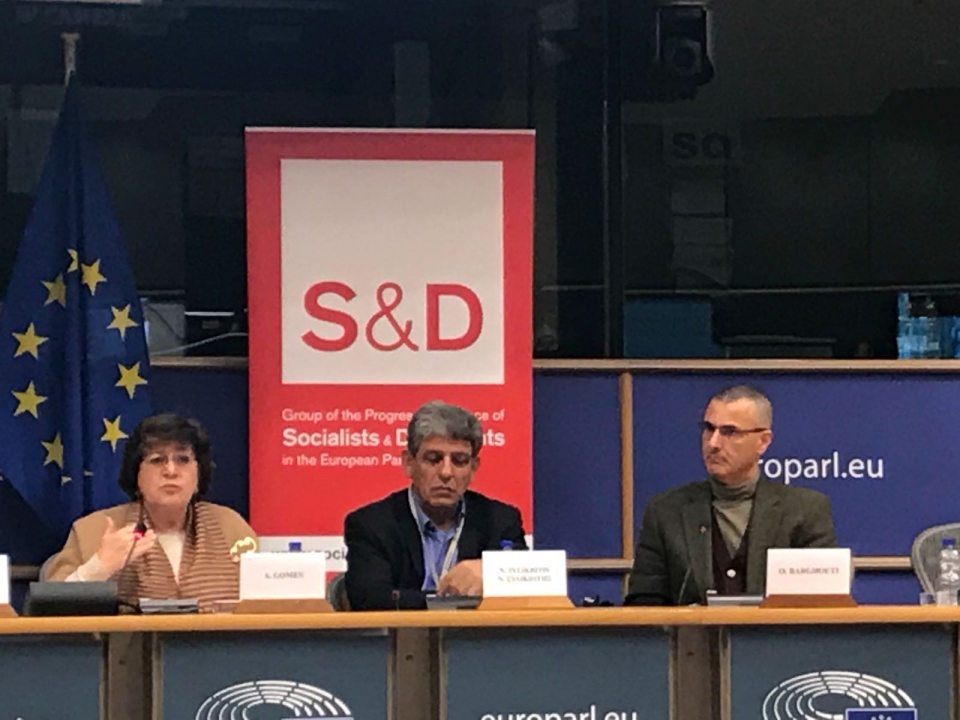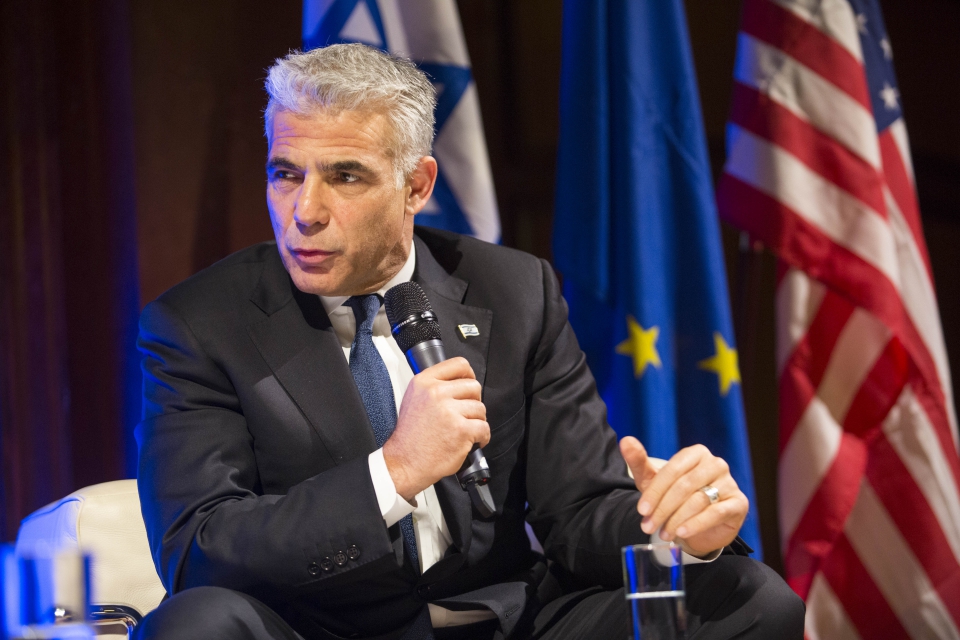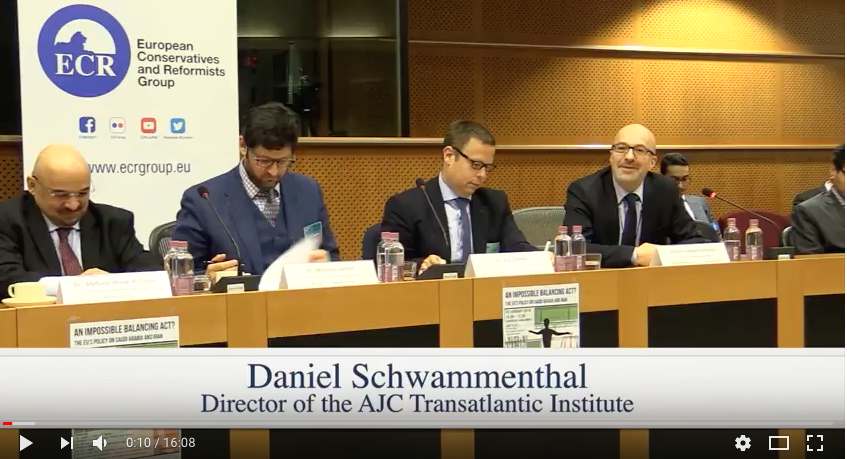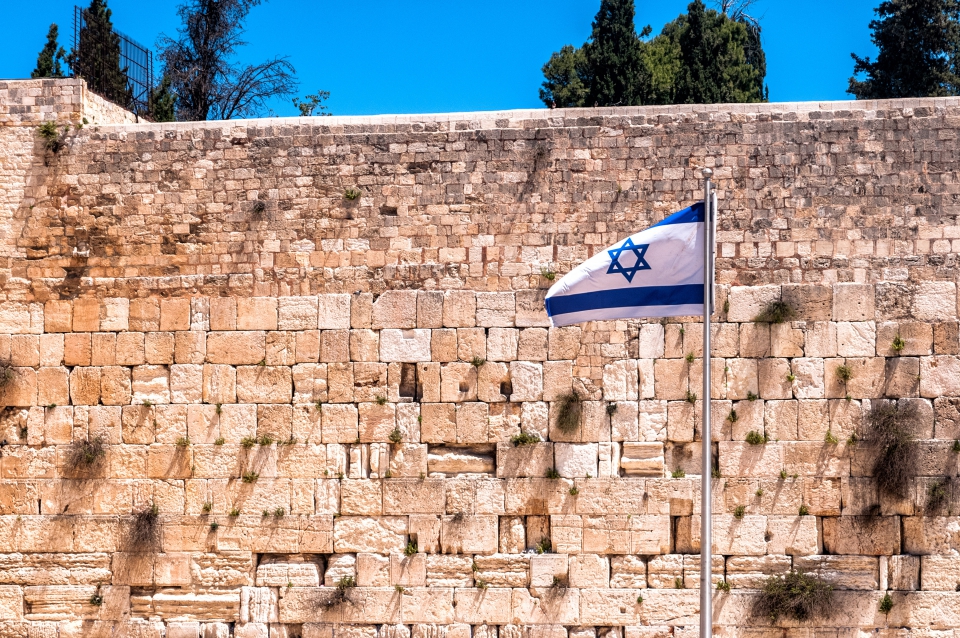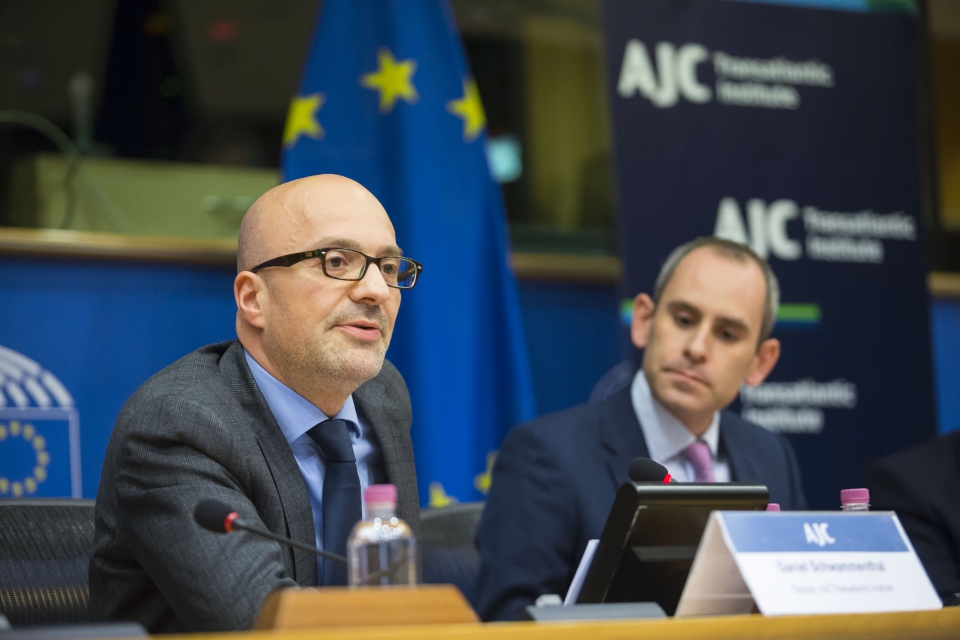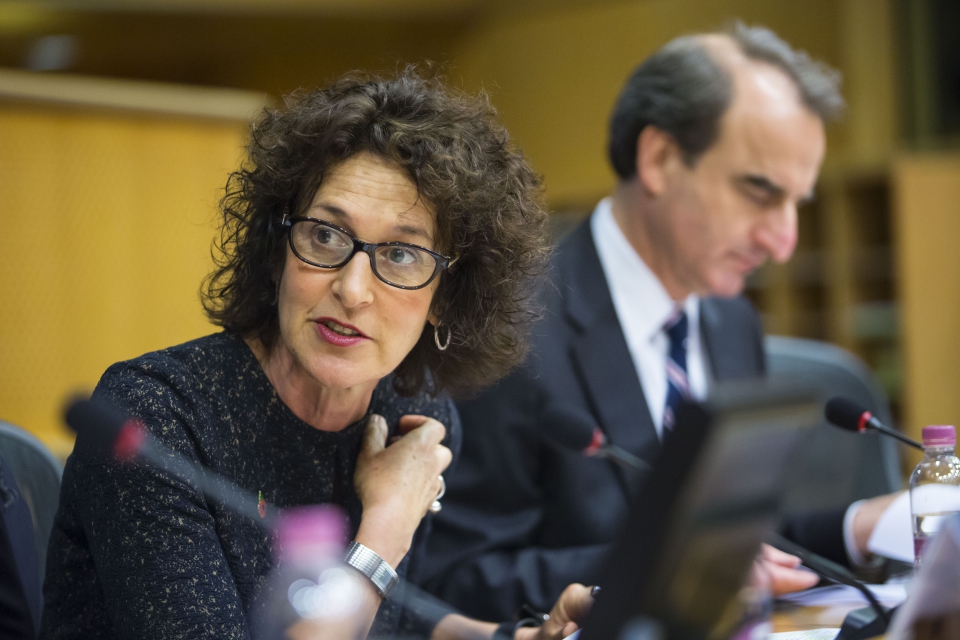Analysis
The Underappreciated Abraham Accords
The Abraham Accords, the Palestinians and the EU
December 10, 2020
By Benedetta Buttiglione
Much of Europe has failed to truly appreciate the significance of the Abraham Accords signed by Israel with the United Arab Emirates and Bahrain on September 15, at the White House.
First, the agreement’s highly symbolic name brings us back to the biblical figure of Abraham, the patriarch of the three monotheistic religions, underlining the recognition of the common roots among Jews, Christians and Muslims. This truly inter-religious dimension flanking geo-politics is a potential game-changer in the Middle East that could pave the way for the positive transformation of the region.
Second, the Abraham Accords have immediately led to concrete areas of cooperation. The two Gulf states now not only recognize the Jewish state and are establishing formal diplomatic relations, but they also have initiated deep collaborations in many areas, such as tourism, civil aviation, science and technology, innovation, environment, and energy.
And last, but not least, the signing of the agreements was accompanied by demonstrations of genuine enthusiasm among ordinary people in all three countries, showing that the desire for peace and coexistence is alive and real, and not just a technical accord between governments.
The Abraham Accords clearly show what few have acknowledged for some time. The Palestinian question is no longer at the center of the Arab world's interests. Perhaps it never was, but was always an excuse for Arab and Muslim leaders to distract from internal problems in their countries.
Today there are more important issues in the Middle East to solve than the Palestinian problem, which, to put it bluntly, Palestinian leaders themselves seem not to have the desire to solve. It is this Arab frustration with Palestinian intransigence that has led Arab leaders to conclude that they can no longer give the Palestinians veto power over their own relations with the most advanced economic and military power in the region. After all, these Arab countries and Israel share a common, and threatening enemy, in Tehran.
For some time there has been an increasingly tightening tug-of-war between the Shiite world under Iran and the Sunni world under Saudi Arabia. At the same time, Iran openly threatens Israel’s destruction while supporting terrorist proxies against the Jewish state. Iran has intervened in Syria and Yemen, and launched attacks in Iraq and Saudi Arabia. Tehran’s expansionist and radical aims are now well known to everyone, except perhaps the European Union, which at best pays lip service to the need to confront Iranian aggression. Instead, the EU’s Iran policy focuses on resuscitating the deeply flawed JCPOA. Iran’s neighbors don’t have the luxury of such negligence.
The big prize for Israeli normalization with the Arab world will of course be Saudi Arabia. According to media reports, Israeli Prime Minister Benyamin Netanyahu recently met Saudi Crown Prince Mohammed bin Salman in the presence of U.S. Secretary of State Mike Pompeo in the kingdom to discuss the normalization of relations between the two countries.
But where is the European Union in all this? The reactions in Brussels were at best lukewarm. High Representative Josep Borrell welcomed, on behalf of the EU, the signing of the peace agreements and recognized the role played by the United States. However, after the first three lines of the press release, the head of European diplomacy immediately focused on the Israeli-Palestinian conflict. It is, of course, an important issue but Israel is not only defined by its conflict with the Palestinians. This was the moment to celebrate the exceptional breakthrough in Israeli-Arab rapprochement.
Perhaps the reason the agreements have been greeted with little joy in Europe is also because they demonstrate that the European core diplomatic assumptions in the Middle East are wrong. The EU has always insisted that a détente between the Arab world and Israel could only happen if first the conflict with the Palestinians is resolved.
This is not the only European assumption to be proven wrong. The Sunni-Israeli alliance that is evolving is also a clear rebuke of Europe’s engagement policy with Iran. And finally, the Abraham Agreements are also an indisputable diplomatic success for the Trump Administration. That alone might already be reason enough in Europe not to rejoice too openly.
Benedetta Buttiglione is the AJC Transatlantic Institute’s EU Policy Advisor.
